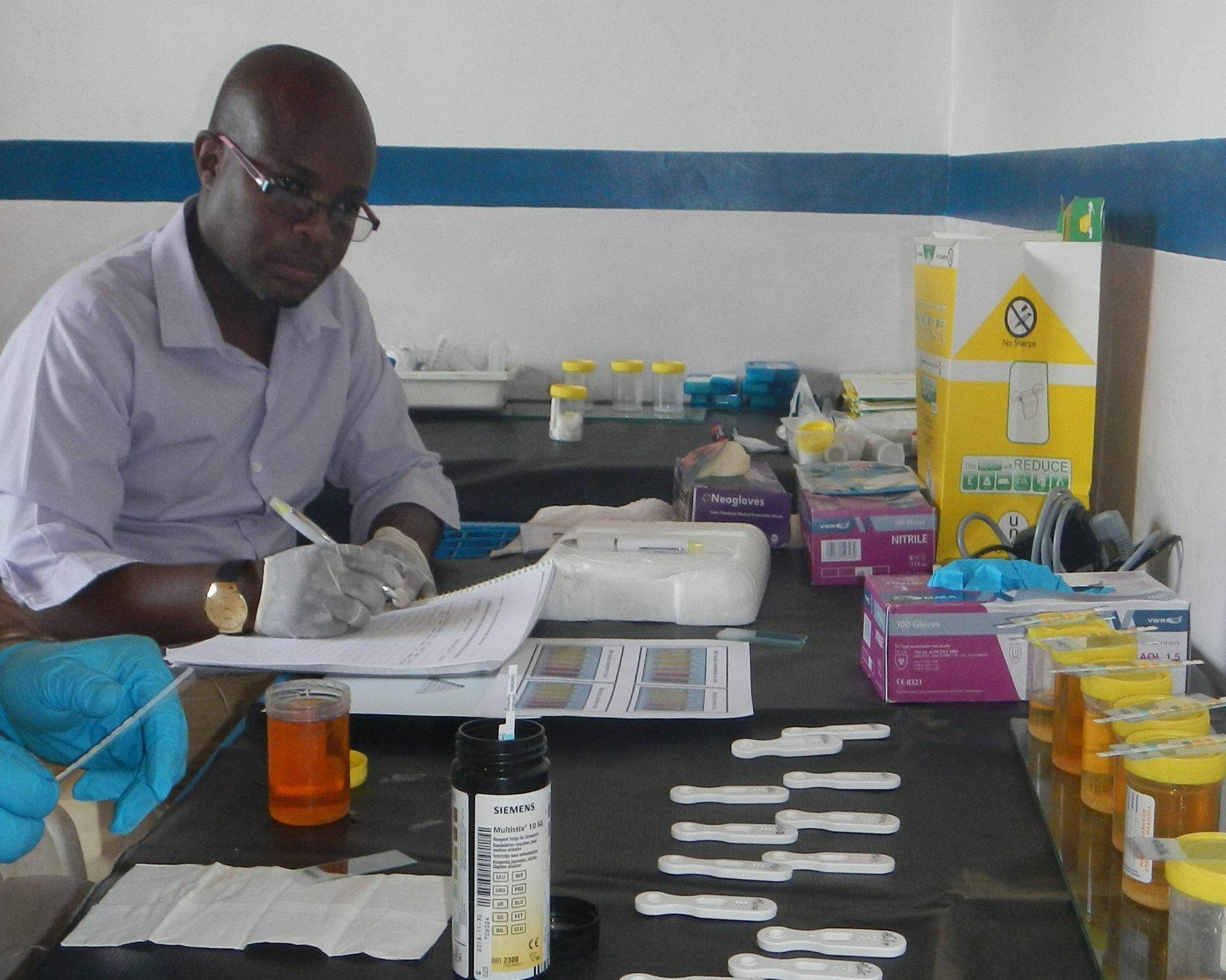
A major new study has demonstrated that integrating HIV services with treatment for schistosomiasis among fishermen in Malawi can significantly improve the uptake of primary care services.
Researchers from Malawi-Liverpool-Wellcome Trust (MLW) and Liverpool School of Tropical Medicine (LSTM) conducted a large-scale trial involving over 5,000 fishermen in 45 communities around Lake Malawi. Fishing communities in the African Great Lakes region face disproportionately high burdens of both HIV and schistosomiasis.
Participants were divided into three groups, with one group receiving standard care, another receiving additional peer education, and a third provided with both peer education and HIV self-test kits. The results were highly encouraging. Fishermen who received HIV self-test kits showed a 20% reduction in schistosomiasis prevalence compared to the standard care group, demonstrating the potential of integrating these services to boost health outcomes.
In Malawi, 8.9% of the adult population lives with HIV, one of the highest rates globally, and lakeside communities are especially vulnerable due to mobility and socioeconomic challenges. They also have high rates of schistosomiasis, a parasitic disease transmitted through freshwater, which can exacerbate the effects of HIV.
Professor Russell Stothard, who leads the Hybridisation in UroGenital Schistosomiasis (HUGS) research team at LSTM, said: “This trial provides strong evidence that bringing health services directly to fishermen, where they live and work, is an effective strategy to combat both HIV and schistosomiasis. The use of peer educators and HIV self-test kits has great potential for increasing engagement with essential health services.”
The study also revealed that in the self-test group, 12.1% of participants started HIV antiretroviral therapy (ART) or were scheduled for voluntary male medical circumcision (VMMC), both critical steps in controlling the spread of HIV.
Dr Augustine Choko from MLW, the study’s lead author, said: “HIV treatment is provided free in Malawi, but in rural areas, many barriers still prevent access. Men, in particular, seem to prefer self-testing, and we used that as the foundation for our intervention. By increasing community engagement, we were able to connect fishermen with the care they need.”
The trial’s findings underscore the value of combining health services in areas with limited access. The integration of HIV self-testing kits with treatment for schistosomiasis led to greater participation in health services.
These findings could pave the way for similar interventions across Africa’s Great Lakes region, where fishermen are essential to their local economy and vulnerable to these infections.
Dr Choko added: “This trial shows that integrated approaches can be highly effective in communities that are often overlooked in health campaigns. We hope to expand this model to other lakeside communities and explore the inclusion of additional health services in future interventions.”
The researchers are planning to work with local and international partners to extend the integrated model to other lakeside areas in Africa.